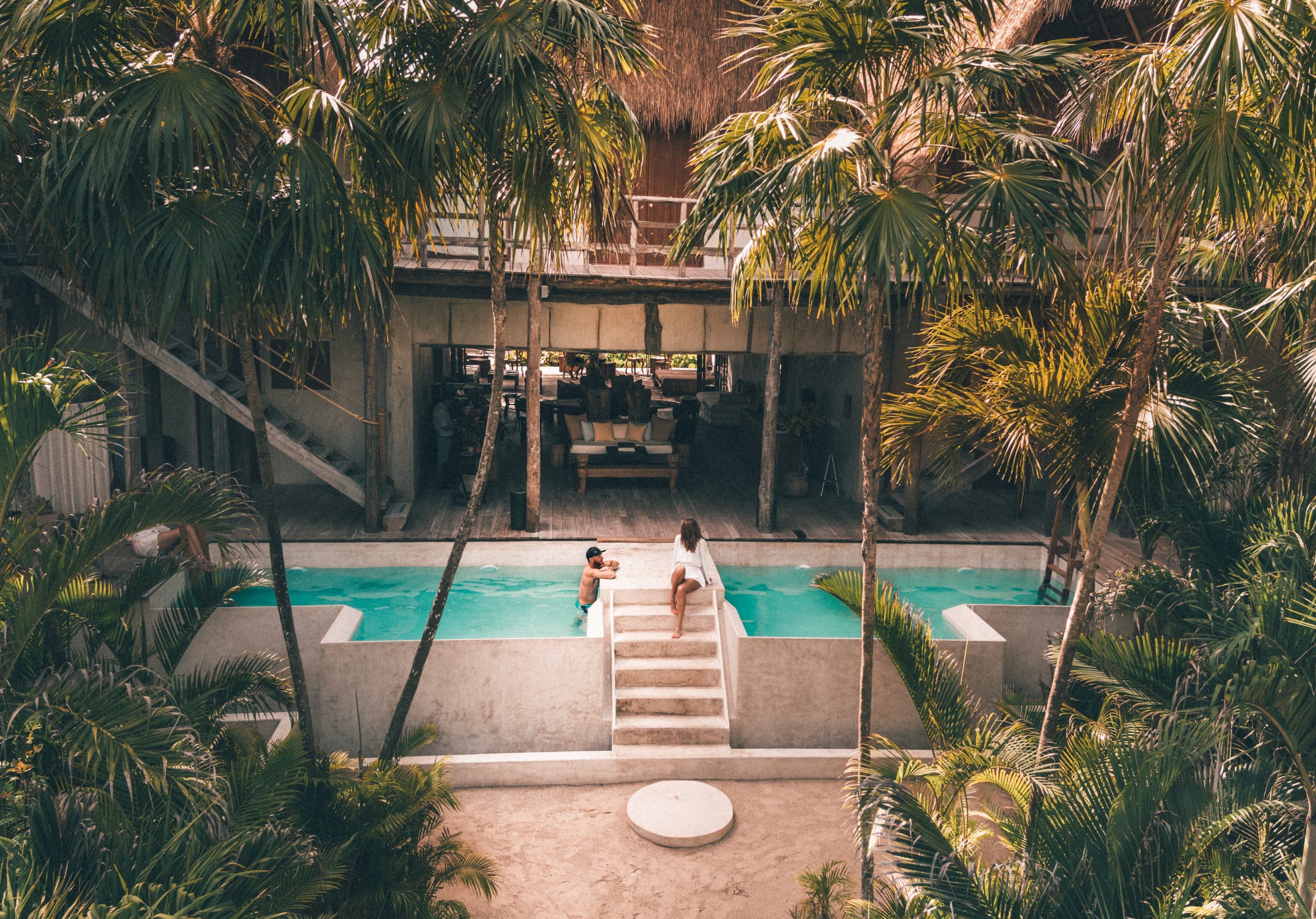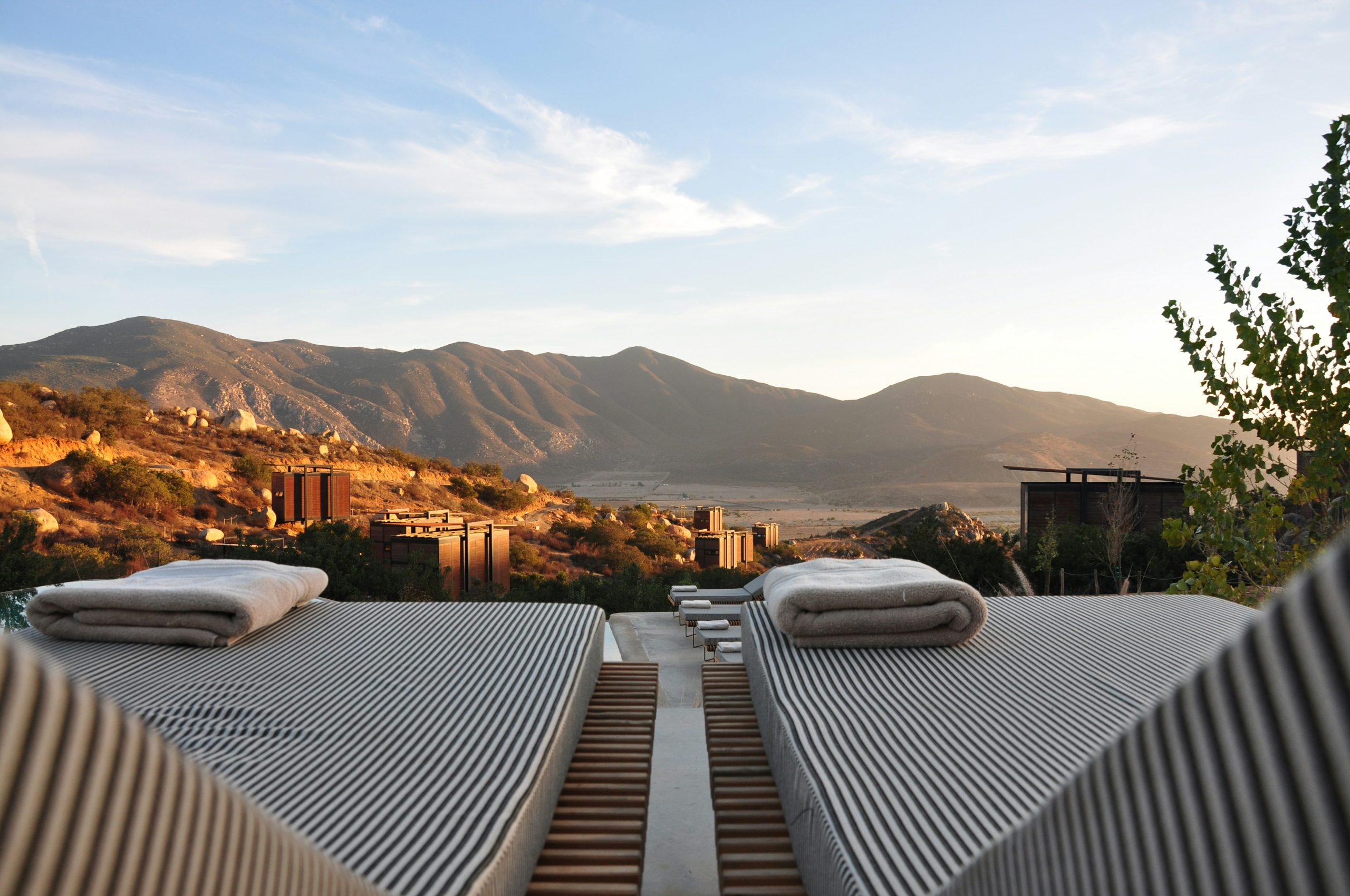
The new era of luxury sustainability in hospitality
We have been discussing how 2023 is the year of sustainability across all sectors. However, this time, I am pleased to address a crucial aspect of this paradigm shift: sustainability in the hotel industry applied to luxury, which translates into the pursuit of a balance between exclusive comfort and environmental responsibility.
That said, hotel sustainability is not a trend but a solid commitment to preserving the environment and the local community. Incorporating this concept into luxury goes beyond a mere “green” label and manifests in specific practices aimed at reducing the environmental and social impact of the hotel industry.
Eco-Luxury stands as an example of industry progress, reflecting the increasing awareness among both hoteliers and travelers. The integration of sustainable practices in the luxury sector is not only appealing to environmentally conscious travelers but also contributes to preserving local traditions, supporting community livelihoods, and ensuring the conservation of natural resources for future generations.
Growing trend and market data
According to Facts and Factors, the global luxury hotel market was valued at approximately $95.11 billion in 2021 and is expected to reach $160.48 billion by 2028, with a compound annual growth rate (CAGR) of about 4.95% between 2022 and 2028.
On the other hand, according to a Statista report, the global ecotourism industry was estimated at $172.4 billion in 2022 and is projected to reach $374.2 billion by 2028, with a CAGR of 13.9%.
Iconic sustainable luxury hotels
Examples like the Four Seasons Resort Costa Rica at Peninsula Papagayo illustrate how sustainability is effectively integrated into the luxury experience. This resort utilizes solar and wind energy sources and features an advanced wastewater treatment system.
Beyond their environmental commitment, they actively support local communities, promoting economic and social growth in the region. This approach is not only exemplary but also profitable, as an increasing number of travelers choose to stay in places that share their values.
Another notable example is the Ritz-Carlton in the Maldives, where sustainability is intrinsic to the luxury experience. The use of solar energy and wastewater recycling and reuse systems are common practices that significantly reduce their ecological footprint.
In conclusion, these examples reflect a growing trend in luxury hospitality, where sustainability is no longer a choice but an essential part of the identity and offerings of these elite establishments. Market data supports this trend, with a continuous growth in the global luxury hotel market and a consistent increase in the significance of ecotourism.
The combination of comfort, exclusivity, and environmental responsibility not only meets the expectations of the most demanding travelers but also brings significant benefits to our planet and local communities. Sustainability is not just a path towards a more conscious and ethical luxury hospitality; it embodies the very essence of authentic and enduring luxury, with a focus on future generations.
Consulted resources:
https://www.hotelmanagement.net/operate/how-sustainibility-standards-are-changing
https://www.linkedin.com/pulse/ecoluxury-unstoppable-rise-luxury-boutique-hotels-global-de-castro/



